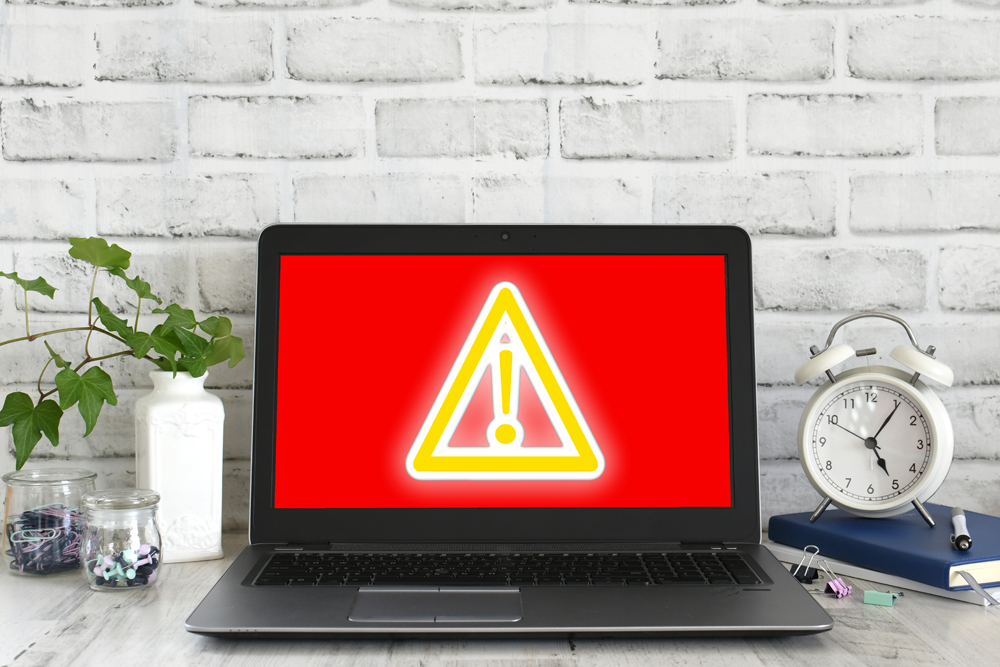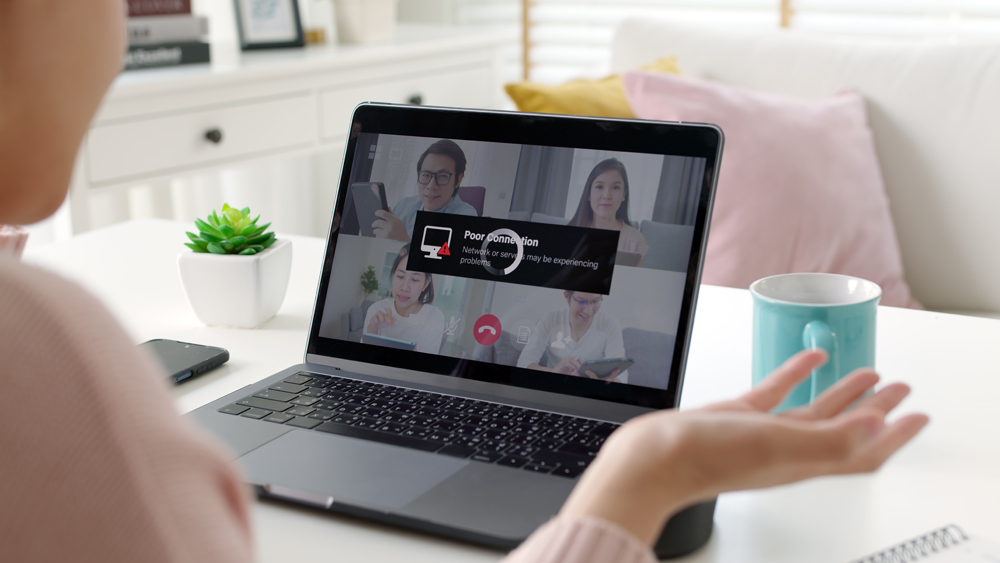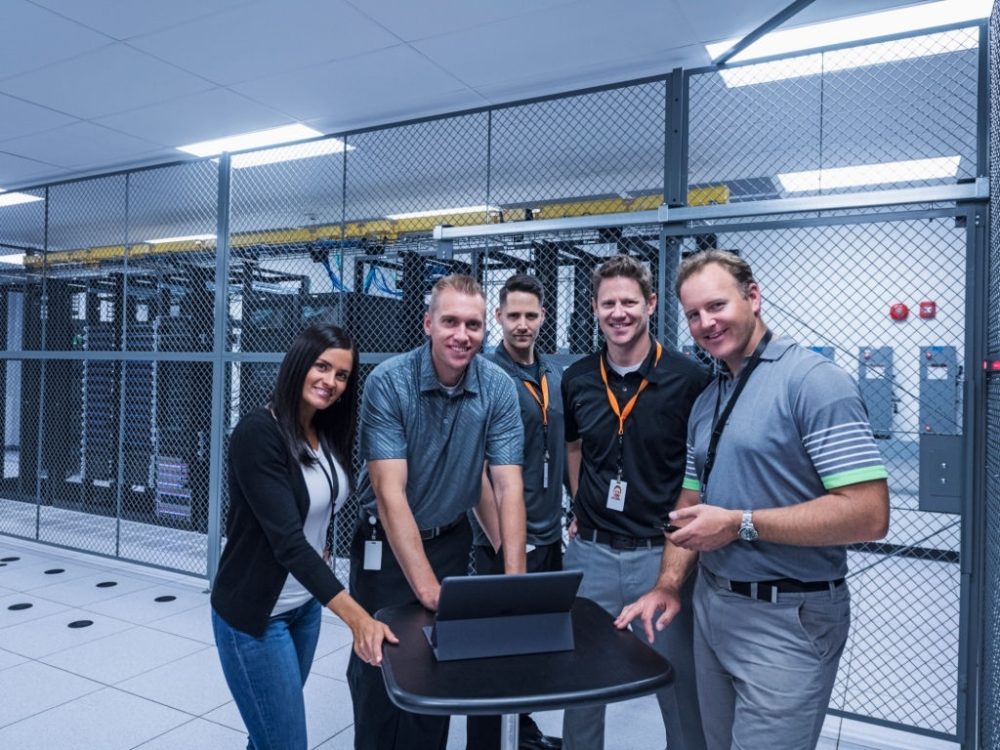Free Virtual Private Network, VPN, services are becoming very popular these days. They promise to provide secure connections at no cost. Is this possible? Are they safe enough for businesses?
If you want to stay anonymous while keeping your online activity private, then using a VPN is probably the easiest way. The idea behind a VPN is simple: connect to a server across the globe, and your computer appears to be connected from another location. This makes it harder for anyone to track your browsing history, monitor your activities, or even block access to specific websites.
We’ll take a close look at whether or not free VPNs are safe and any other pitfalls that users should know about before signing up with one of them.
Table of Contents
Are Free VPNs Safe?
Free VPNs are a great way to test the waters of free Internet. They’re also a good alternative for those who don’t want to pay for an unlimited data plan. However, there are many downsides and security risks.
So, are free VPNs safe? The short answer is no, and here’s why. If you’re looking for a free VPN service that protects your online activity, there aren’t any options. And many of them are either unreliable, the level of safety is subpar, or offer a lesser encryption service, which is unacceptable. There are a few exceptions, but most are too sketchy to trust.
Compromised Internet Safety
Hackers constantly try to break into your computer to steal your data, and a free VPN service can make it easier for them to do so. Hackers use malware to infect computers. Malware is software designed to damage or destroy your device without your knowledge. It may slow down your PC, display unwanted pop-ups, or install additional programs on your machine.
Malware can be used in several ways. For example, hackers may attempt to trick you into downloading malicious files. Or, they could send out spam emails that contain links to phishing sites. These sites will ask you to enter sensitive information like passwords, credit card numbers, or social security numbers. Once you’ve entered the details, the hacker will fully control your account.
There are two types of malware: viruses and spyware. Viruses are self-replicating pieces of code that spread through email attachments, instant messages, and web pages. Spyware is similar to a virus, but instead of replicating itself, it collects information about your system and sends it back to its creators. Both types of malware can cause significant harm if left unchecked.
Free VPNs aren’t safe because they often have questionable security protocols and security flaws. Many free VPNs use outdated encryption standards like PPTP (which was never designed as a strong protocol) or L2TP/IPSec (known to leak sensitive information). In addition, many free VPNs don’t encrypt traffic between your device and the VPN server, making it easy for someone to intercept your connection.
Lack Of Data Protection
A VPN is an excellent tool for protecting your data. But when it comes to business-related data, you need something more robust than a free VPN. A paid VPN service provides much better protection against hackers and snoopers who might attempt to steal your company’s confidential information. Using a free VPN gives them easy access to your info; they can also use the same connection to attack other sites on the Internet.
This means that if someone hacks into your computer or steals your login credentials, they could potentially gain access to all of your company’s sensitive data. A good VPN will encrypt your traffic so that even if someone does get hold of your login details, they won’t be able to see what websites you’re visiting or any private data you’re sending.
Say Goodbye To Online Privacy
When you use a free VPN, how do you think they make money to stay running? They sell your data and track your browsing habits. This means that they’ll know everything about your internet activities, from where you go shopping to what you watch on Netflix. They’ll also share your email address and real IP address with the lowest bidder. You’ll never feel comfortable sharing anything with them, especially if you’re concerned about your online privacy.
A reputable VPN provider is the best way to protect yourself online. With a premium service and subscription, you can rest assured that your data is protected and secure.

Some Free VPNs Carry Malware
It’s important to note that some free VPNs carry malware, and if you value your online safety, you should avoid these services. Some free VPNs are trying to scam you by offering fake antivirus software or adware. Others may be carrying malware themselves.
This is especially true for free VPNs operating outside the United States. For example, some free VPN providers in China and Russia allow their customers to connect to servers in those countries. Unfortunately, these servers are often infected by malware, and when you connect to them, you could end up downloading malicious software onto your computer.
So, if you’re looking for a reliable VPN provider that offers online security, make sure you choose one based in the US or another country where there’s less risk of malware infection.
Advertisements Galore
Most free VPNs are riddled with advertisements because that’s how companies make money. They sell ads to people looking to bypass restrictions on certain types of content. However, this doesn’t mean that you’ll get a clean experience. Some free VPNs load adware so heavily that they slow your browsing speed. Others show ads during video playback. Still, others display pop-ups every time you visit a website.
Intrusive ads are annoying, but they’re nothing compared to what you’d find on a web page. It would be best to consider using a premium VPN service to browse the Internet without being bombarded with ads.
Get Used To CAPTCHA Requests
If you’ve ever used a free VPN, you’d have noticed a significant increase in CAPTCHA requests. These tests ask you to solve puzzles to prove that you’re human. The problem is that many free VPNs use automated programs to generate CAPTCHAs. As a result, you may encounter CAPTCHAs while using a free VPN.
This isn’t a big deal if you occasionally use a free VPN. But if you rely on a free VPN for everyday web surfing, you may be frustrated by the frequent CAPTCHA requests. Nobody has time to click on traffic lights and stairs whenever they want to go online. Fortunately, there are plenty of other options available.
Decreased Internet Speed
According to speed tests, free VPN services cause slower internet connections. One reason might be that there are no server locations in your country or region. Another possibility is that the company behind the free VPN connection uses bandwidth-heavy advertisements and speed caps.
Most free VPNs cause a noticeable decrease in connection speeds. So, stick with a paid VPN if you’re concerned about decreased internet speed and want faster speeds.
How To Choose A Good VPN Provider That Offers Solid Security
There are many different factors to consider when choosing a VPN. Here are some things to keep in mind:
Focus On Security Measures – Ensure the VPN has a robust encryption protocol for security, and their terms of security are clear and concise. Does the VPN protect against malware, phishing attacks, and viruses? Does the VPN support P2P file sharing? Does the VPN service offer a military-grade level of security? Does it allow you to select which websites you want to block?
Reliability – Are there any known issues with the VPN? What happens if the company goes bankrupt? Will my data be secure? Look for a reliable VPN service with premium servers and excellent server network quality that will work well with your internet service provider.
Speed – Make sure the VPN provides fast and unlimited speeds. Nothing is worse than signing up for a VPN subscription that offers slow speeds.
Pricing – Look at the pricing structure before signing up. Check if they offer a money-back guarantee and discounts for annual subscriptions.
Location – Check the VPN server location of the service provider. How extensive is their network of servers? Will you have easy access to servers? Do they operate from within your country? If not, then it’s probably best to look elsewhere.
Bandwidth – How much bandwidth do you plan to use? Does your business have VoIP? If you do, then you’ll need a lot more bandwidth.
Privacy – Is the VPN provider transparent about the information it collects and shares? Find out whether the VPN encrypts all data sent through it, and check its privacy policy to ensure that your personal information won’t be shared with third parties.
User Interface – Is the user interface easy to navigate? Does it include an option to download apps?
Browser Extension – Does the VPN service have a desktop application? Or maybe their premium version has a phone app as well? Does the VPN application work on Windows, Mac, Android, and iOS mobile devices?
Advanced Features – What additional features does the VPN provide? For example, can you connect multiple devices simultaneously? Can you change your IP address?
Customer Support – Does the VPN provider have 24/7 customer support? Is it possible to contact them via email? Phone number? Live chat?
Money Back Guarantee – Some VPN providers offer refunds if you aren’t satisfied with their service. Others offer 30 days or even 90 days to cancel without penalty.
Bottom Line
If you want to protect yourself online, a VPN is an essential tool. However, using a free VPN isn’t the right choice for a business. It’s not worth risking your security to save a few bucks. Instead, choose a reputable VPN provider that offers excellent customer support. This way, you can rest assured that your sensitive data will remain private.
For VPN subscription recommendations and questions, please send us a message or leave a comment below!







Recent Comments